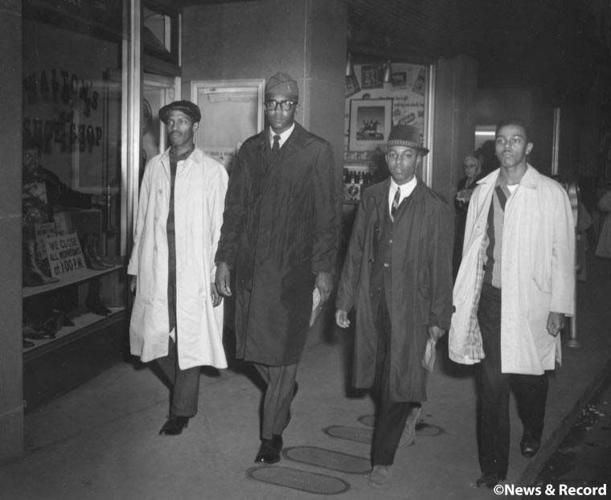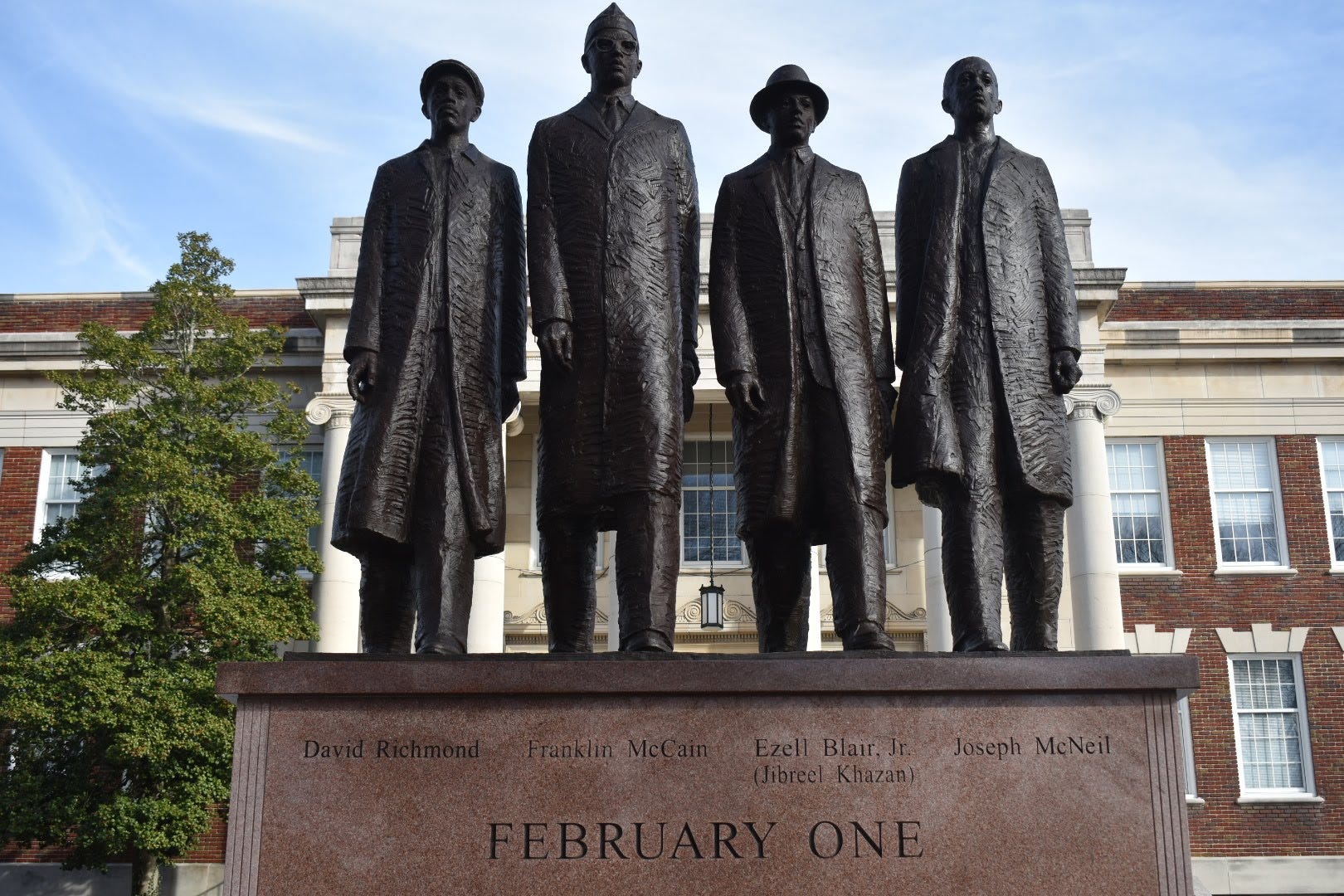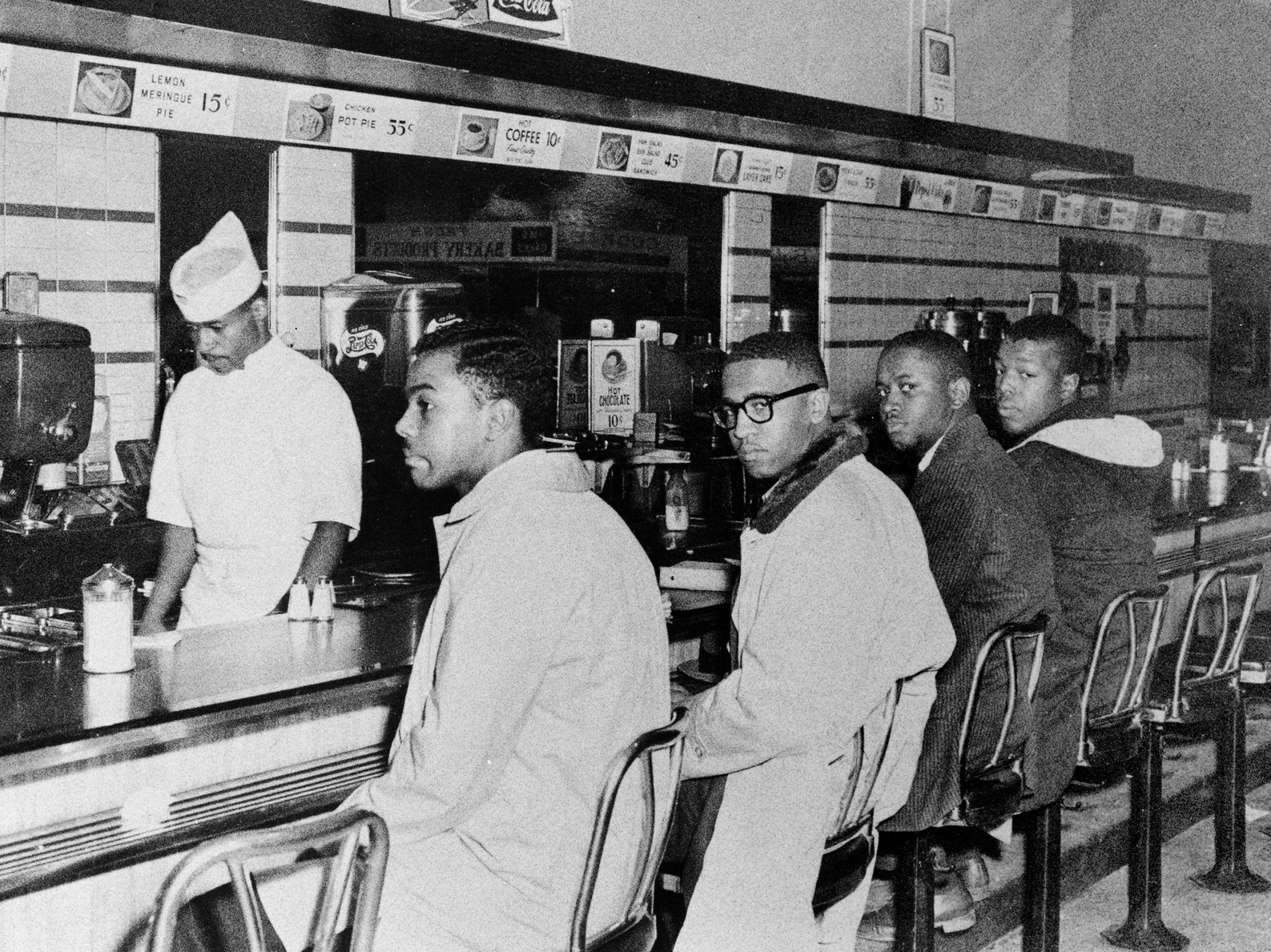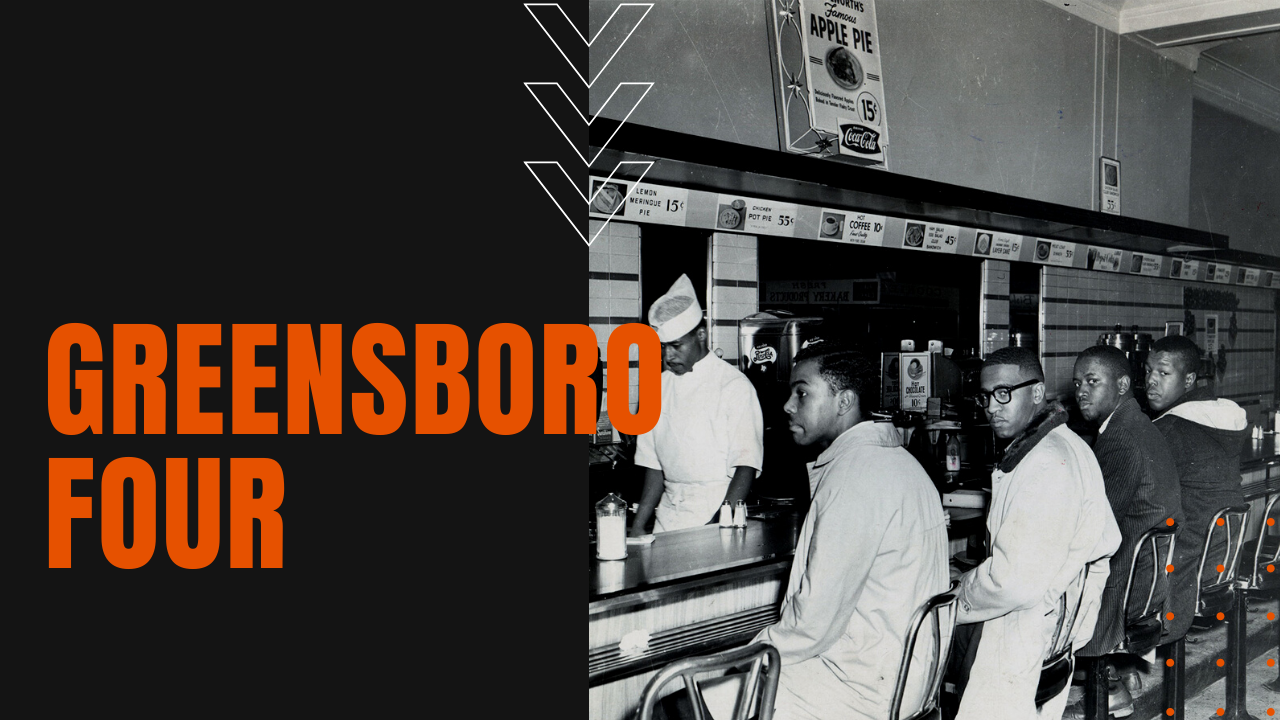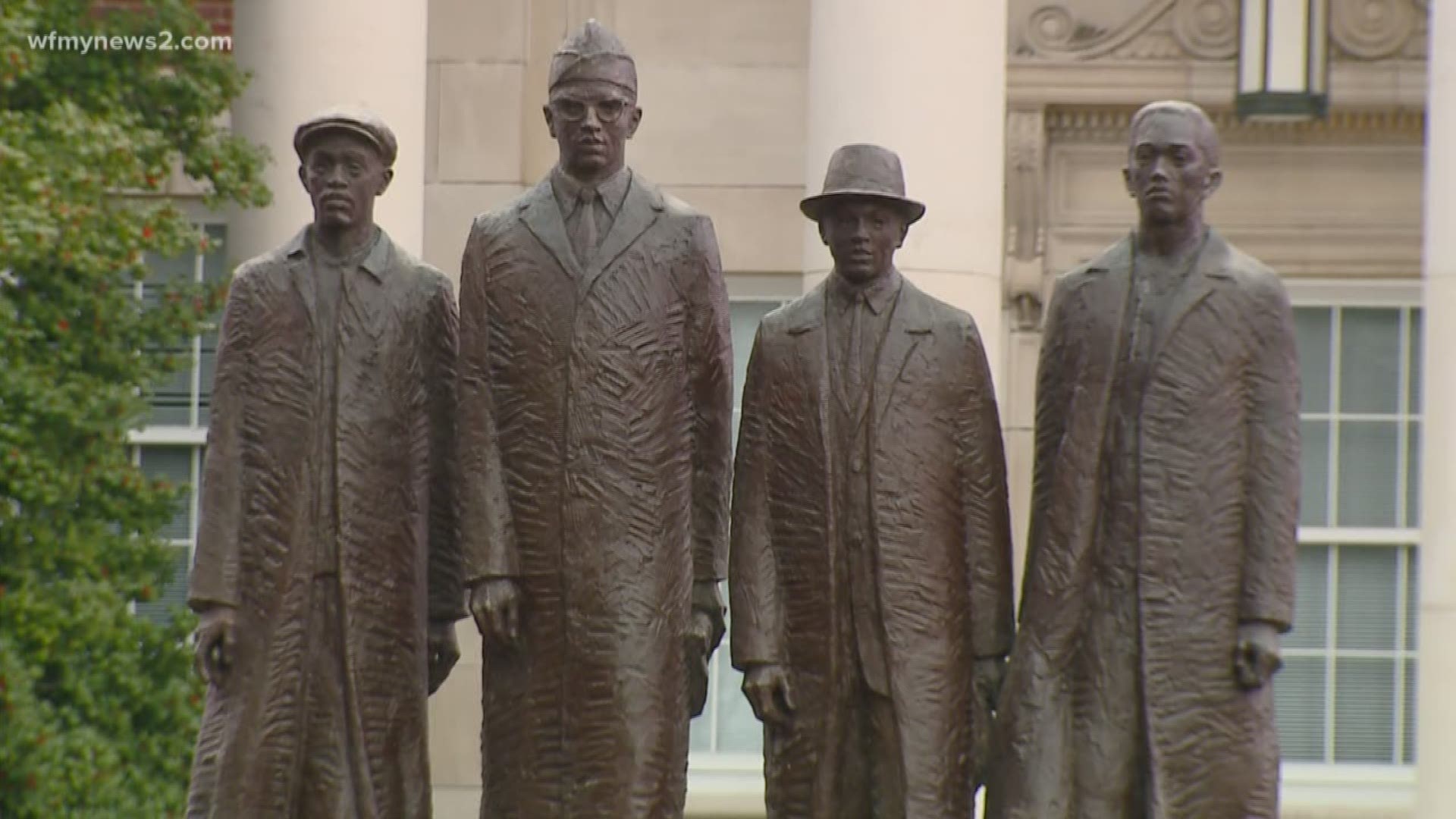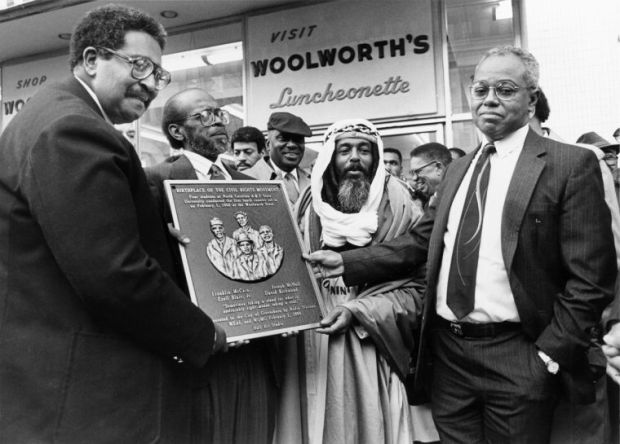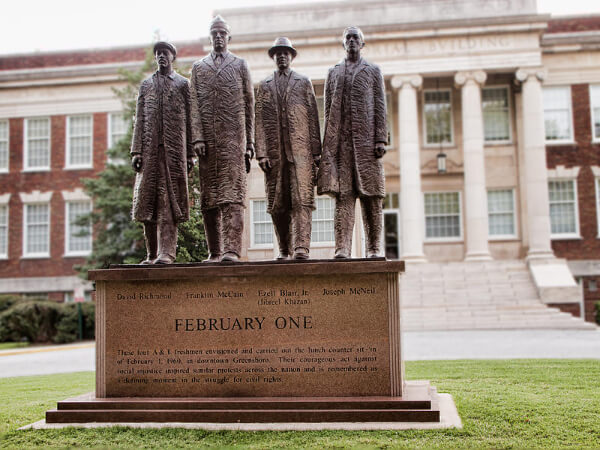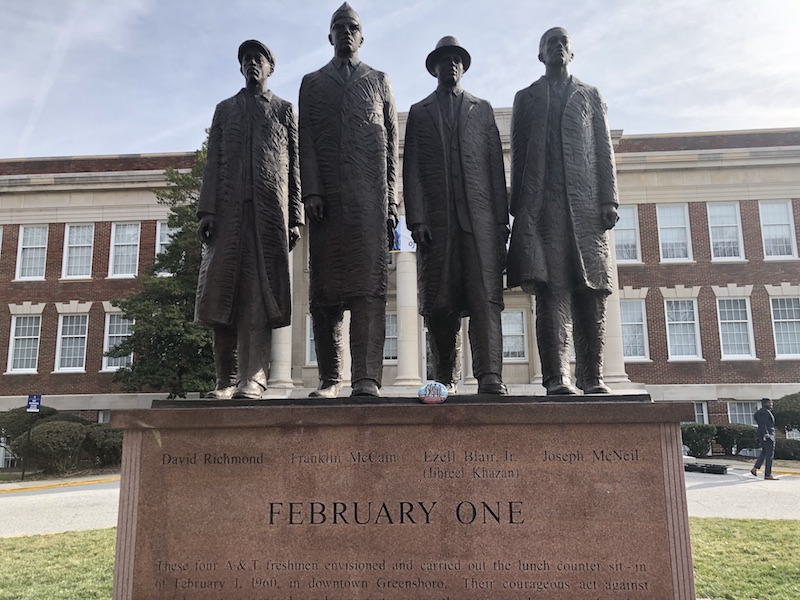February One The Story Of The Greensboro Four
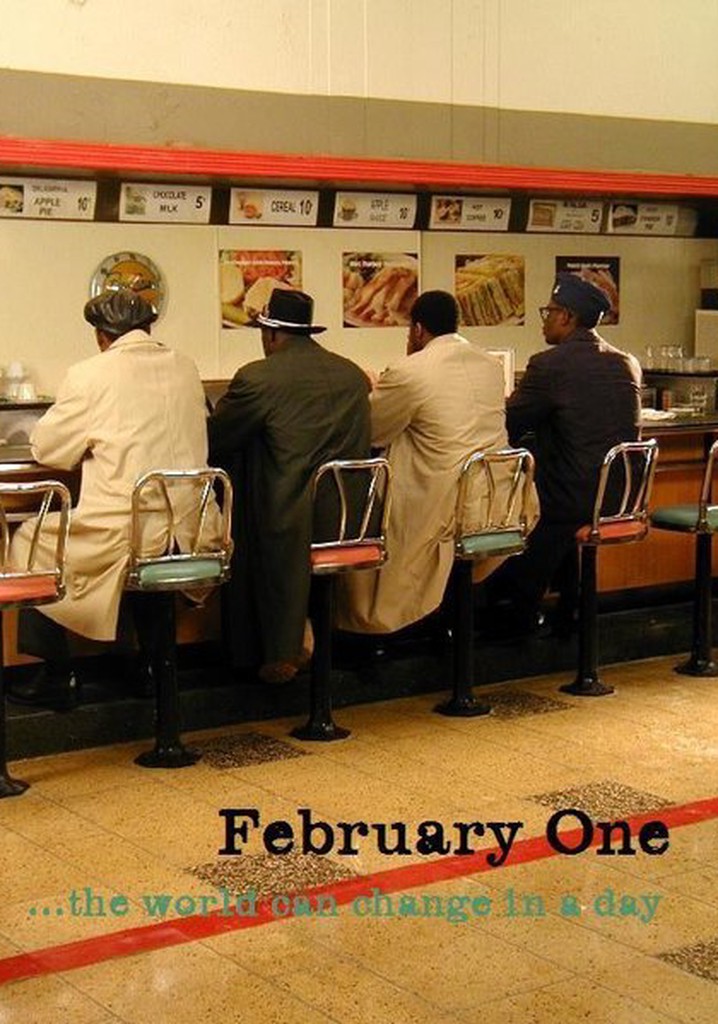
Picture this: it's a regular Monday, February 1st, 1960. Four college freshmen are about to change the world, one sit-in at a time. But first, they need a plan – and maybe some snacks.
These weren't seasoned activists, they were just four students at North Carolina A&T State University, a historically Black college. Their names? Ezell Blair Jr. (now Jibreel Khazan), David Richmond, Franklin McCain, and Joseph McNeil. The Greensboro Four.
The Woolworth's Plan
The plan was simple: walk into the local Woolworth's store, buy some school supplies, then sit at the lunch counter and order coffee. Now, Woolworth's was like a department store with everything from sewing kits to, you guessed it, lunch counters. But, lunch counters were only for white people.
Here's where the humor comes in: They actually rehearsed! They wanted to be polite, respectful, and unwavering in their request for service. Imagine four college kids practicing how to order coffee!
They even ironed their clothes and shined their shoes! The idea was to present themselves as respectable young men who deserved to be treated with dignity. Because looking good is half the battle, right?
The Sit-In Begins
So, on February 1st, they marched into Woolworth's. They bought their supplies. Then, they sat down at the lunch counter. "We'd like some coffee, please," they said politely. The waitress, a white woman, refused.
She told them that Woolworth's did not serve black people. They remained in their seats. This was the beginning of a movement.
The manager asked them to leave, but they remained. They sat there, quietly and peacefully, refusing to budge. And here’s a surprising detail: they did their homework!
The Power of Silence
They stayed until closing time. The next day, they returned, and this time, they brought more students. The day after that, even more showed up. The Greensboro sit-ins had begun.
Word spread like wildfire. Soon, similar sit-ins were happening across the South. Black students, and their allies, were putting their bodies on the line to challenge segregation.
What's heartwarming is the support they received. Some white students joined the protests, putting themselves at risk. Local businesses, initially resistant, began to see the writing on the wall.
More Than Just Coffee
The Greensboro Four weren't just asking for a cup of coffee. They were demanding equality, respect, and the right to be treated like human beings. They were challenging the entire system of segregation.
Eventually, Woolworth's desegregated its lunch counters. The Greensboro sit-ins became a symbol of the Civil Rights Movement and the power of nonviolent protest.
These four young men showed the world that ordinary people can do extraordinary things. And sometimes, all it takes is a little bit of courage, a whole lot of determination, and maybe a well-rehearsed request for a cup of coffee.
"It was a matter of dignity. We couldn't accept being treated as second-class citizens." - Franklin McCain
So next time you're grabbing a coffee, remember the Greensboro Four. Remember their courage, their quiet defiance, and the simple act that helped change the world. They just wanted a seat at the table.

